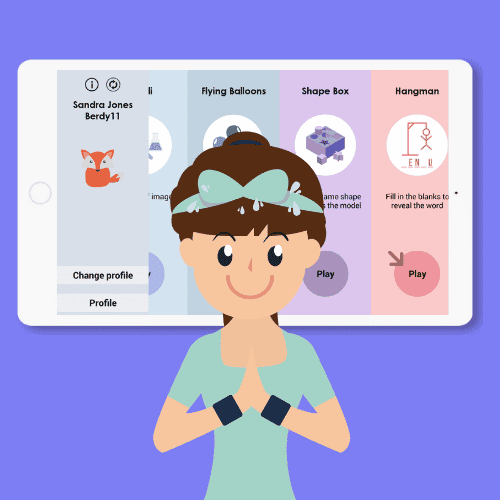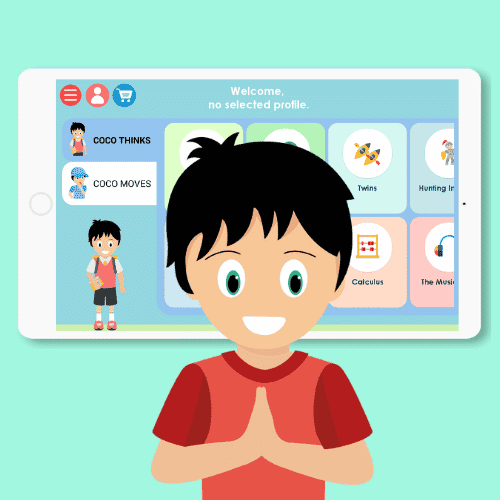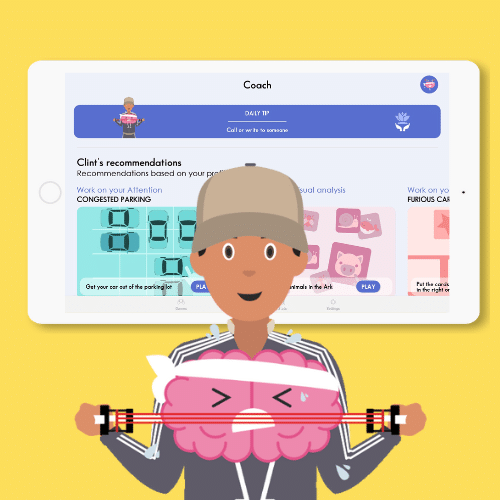Social skills are essential for success in life, both professionally and personally. Assertiveness is one of these important social skills. It allows you to communicate your needs, opinions and feelings in a clear and respectful manner, while respecting the needs, opinions and feelings of others. We will explore what assertiveness is, how it differs from passivity and aggressiveness, and the benefits it can offer.
What is assertiveness?
Assertiveness is a style of communication that allows a person to express themselves clearly and directly while respecting others. Assertiveness implies asserting one’s rights and opinions without aggression or passivity. This means being able to express your thoughts, feelings and needs in an open and honest way, while listening to and respecting others.
Assertiveness is often confused with aggressiveness or passivity, but it is important to understand that these are different communication styles.
Assertiveness
and passive behaviour
People with passive behaviour often have difficulty expressing their opinions, needs and feelings. They tend to avoid conflict and conform to the wishes of others. Passivity can often be the result of a lack of self-confidence, fear of failure or confrontation.
People with passive behaviour can often be misunderstood or misinterpreted because they do not clearly express their needs and feelings. They may feel overwhelmed by the demands of others, which can lead to frustration and resentment.

Assertiveness
and aggressive behaviour
People with aggressive behaviour tend to express themselves directly and often without regard for the feelings of others. They can be critical, sarcastic or even violent in their communication. People with aggressive behaviour often have a negative view of others and may be perceived as unpleasant or intimidating.

Communication to maintain good relationships
Communication is the key to maintaining good social relationships. Assertiveness can help maintain positive relationships by allowing clear and respectful communication. People who use assertiveness are more likely to be heard and understood by others, which can strengthen social bonds.
The benefits of assertiveness
Improves communication: Assertiveness allows for clear and effective communication. Assertive people express their opinions in a straightforward, unambiguous manner, making it easier to understand and solve problems. By being assertive, you can avoid misunderstandings and unnecessary conflicts.
Promotes respect for self and others Assertiveness is about respecting your own rights and the rights of others. Assertive people are able to say “no” when necessary, while respecting others. This helps build self-confidence and improve relationships with others.
Increases self-confidence Assertiveness is the ability to express one’s needs, opinions and feelings in a clear and direct manner. This can help build confidence and feel more comfortable in social interactions. Assertive people are also less likely to be victims of harassment or manipulation.
Allows for better conflict management Assertive people are able to resolve conflicts effectively. They are able to express their point of view while listening to that of others and find solutions that satisfy all parties. This prevents future conflicts and strengthens relationships.
Techniques to develop assertiveness
Define your limits: In order to be assertive, it is important to know your boundaries and respect them. This means being aware of your needs and feelings and knowing when to say “no”. To define your limits, it is useful to take the time to reflect on your values and priorities.
Practicing non-violent communication: Nonviolent communication is a communication technique that allows you to express yourself clearly and directly without hurting others. It involves describing one’s own feelings and needs rather than criticizing or blaming others. By practicing non-violent communication, you can improve the quality of your relationships and avoid unnecessary conflicts.

Learning to say “no”: Knowing how to say “no” is a key assertiveness skill. To be able to say “no”, it is important to know your limits and to be able to express them clearly.
Assertiveness is an important social skill that can help improve interpersonal relationships, reduce conflict and build self-confidence. To be assertive, it is important to know what you want and need, to express your opinions and needs clearly and directly, to listen to others, to negotiate compromises and to respect the rights and feelings of others. The benefits of assertiveness include improved communication, reduced conflict and increased trust.
Cognitive training to improve assertiveness
Training your cognitive functions can help you gain confidence in yourself. When we work on our brain, we improve our skills. We feel capable of doing many things, of facing difficult situations or solving problems. If we know our skills and weaknesses we can also improve our assertiveness. Indeed, it will be easier to express your needs, but also to respect the other without being aggressive.
A PROGRAM IN PREVENTION
OR MILD MENTAL LOSS
CLINT

A PROGRAM TO SUPPORT PEOPLE WITH ALZHEIMER’S DISEASE
SCARLETT

Stimulate your memory and be monitored remotely
by a memory coach
You have the possibility of being followed remotely by a memory coach, who will provide you with strategies to implement according to your needs and the cognitive functions you wish to improve (attention, memory, language…).
The memory coach accompanies you remotely for 1 hour by video. You will have the same coach who will follow you session after session. During the coaching, he will use the COCO, CLINT and SCARLETT applications, advising you on the best games to play for your goal, and he will give you strategies to implement.
It is recommended to do a memory coaching once a quarter, and between sessions to do the recommended exercises on the COCO, CLINT and SCARLETT applications.
COCO THINKS
and COCO MOVES
An educational and sporty version for children from 5 to 10 years old

CLINT
A version for adults and seniors in prevention

SCARLETT
An easy and adapted version for seniors

Other articles that might interest you:
How Parents Can Contribute to Teacher Training
As we delve into the realm of education, it becomes increasingly clear that teacher training is not merely a...
Differentiated Instruction Approaches: Training and Practical Application
Differentiated instruction is a pedagogical approach that recognizes the diverse needs of students in a classroom. It...
Key Skills Teachers Need to Support Students with Special Needs
As we embark on our journey to support children with special needs, it is essential for us to cultivate a deep...







